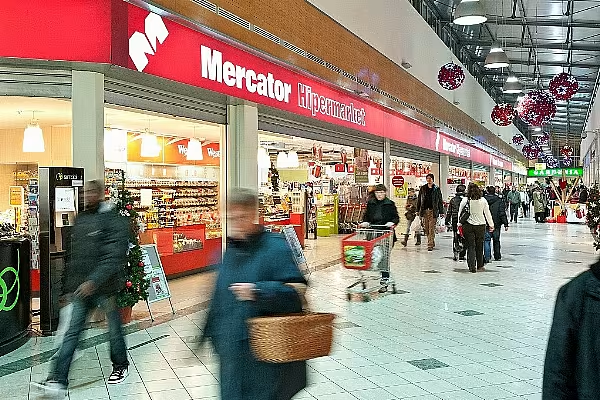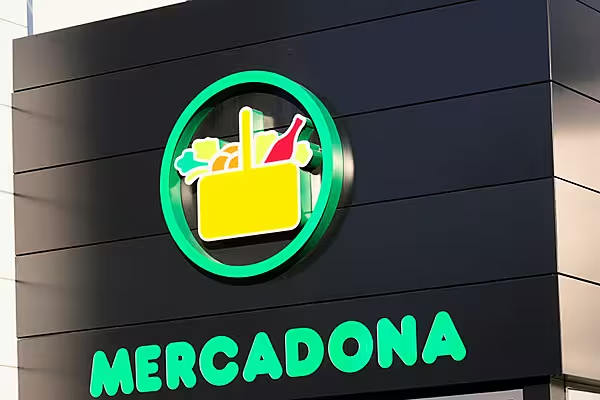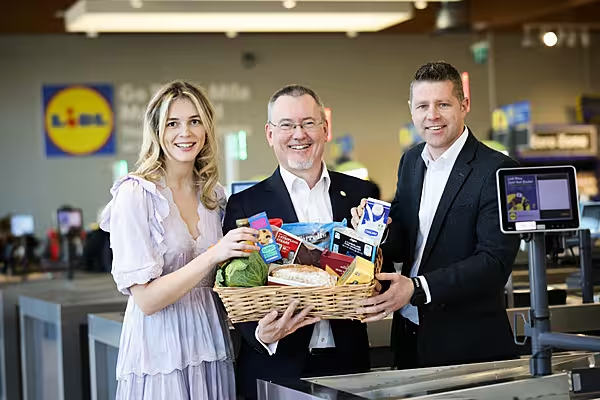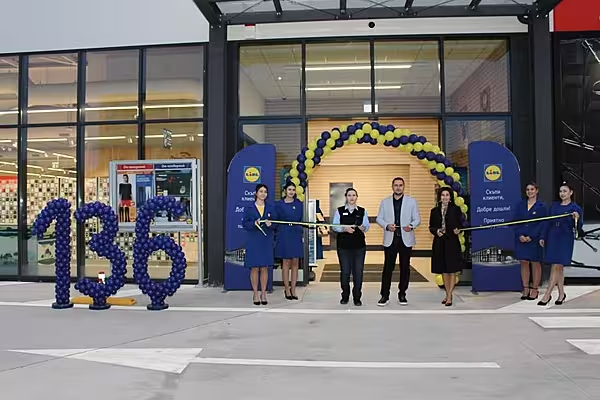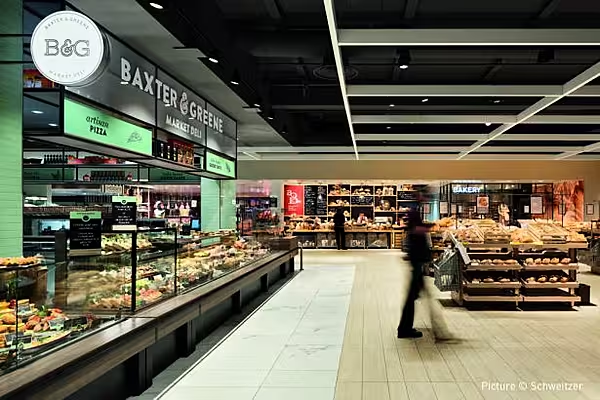Slovenian retailer Mercator Group reported an EBITDA of €25.8 million in the first quarter of 2018, which was up 36.5% on the same period last year.
According to the company, this was due to improved business performance and operating efficiency.
Revenue increased by 1.3% year-on-year.
During the full-year period, Mercator Group introduced a new store concept, refurbished and updated many of its outlets, improved the competitiveness of its services, and adjusted its assortment.
The retailer is also boosting the range of fresh and local brands it offers, and has unveiled a new 'mobile wallet' system, built around the Pika card.
Mercator Group, which is majority owned by troubled conglomerate Agrokor, said it continues to settle all of its liabilities to financial and business partners in compliance with the agreed terms and deadlines.
The positive performance of Mercator Group comes at a time of improved consumer confidence and increased spending in Slovenia, due to optimistic forecasts about the unemployment rate and an improvement in households' financial positioning.
Industry Snapshot
The retail market in Slovenia grew by 3.5% in 2017, while the grocery retail market is relatively stable and consolidated, with the top five players accounting for 85% of the market.
According to figures provided by Mercator Group, the banner is the leading modern grocery retailer in Slovenia with a 30% market share, although its faces growing competition.
Second-placed is Spar with 23%, which ended 2017 with a 3.5% growth in revenue to €776 million. The retailer as 101 stores of the Spar and Interspar banners in Slovenia, both directly owned and franchised.
Slovenian consumers have become much more price-conscious since the prolonged period of economic turmoil which has benefited discounters. German chains Hofer (Aldi) and Lidl have both gained market share and currently boast 12% and 9%, respectively, with around 100 stores between them.
Another important player in this segment is Italy’s Eurospin, which has 48 stores, and is another discounter appealing to a value-hungry consumer base.
The fourth biggest player is locally-owned Tuš Group (11% market share), which is active in the retail and real estate business, and ended 2017 with revenues of €493 million (-3%), of which 97% generated from the core retail segment.
© 2018 European Supermarket Magazine – your source for the latest retail news. Article by Branislav Pekic. Click subscribe to sign up to ESM: The European Supermarket Magazine
